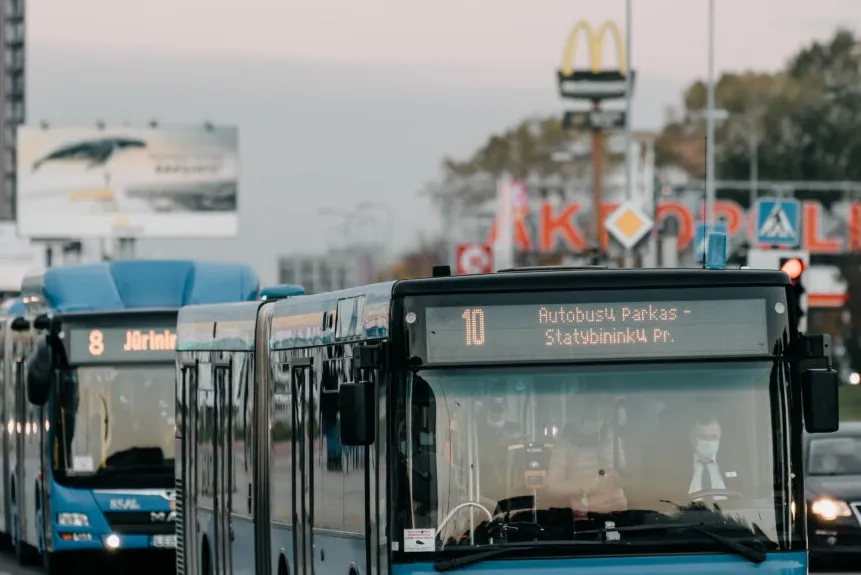From 2013 electric cars and cars with four or more passengers will be allowed to use the public transport lane on Lithuanian roads. Lithuania's authorities have passed an amendment to the traffic rules, to encourage people to cooperate during the rush hours and share cars. The new road traffic rules will be updated with three road signs for electric cars. They will sign electric car charging sites, cases when road signs do not apply to electric cars, and a parking space for electric cars and other electric
November 29, 2012
Read time: 1 min
From 2013 electric cars and cars with four or more passengers will be allowed to use the public transport lane on Lithuanian roads.
Lithuania's authorities have passed an amendment to the traffic rules, to encourage people to cooperate during the rush hours and share cars. The new road traffic rules will be updated with three road signs for electric cars. They will sign electric car charging sites, cases when road signs do not apply to electric cars, and a parking space for electric cars and other electric vehicles.










